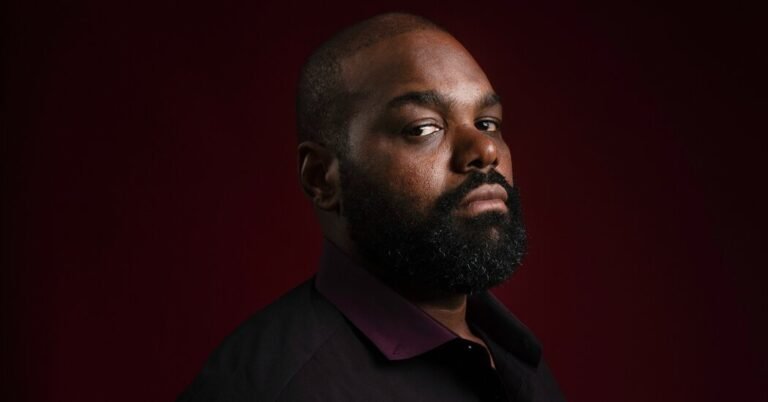
Even before the movie and the invitations to give paid speeches, the Tuohys seemed to derive at least one benefit from welcoming Oher into their home: He chose to play football at Ole Miss, where they were major donors to the athletic program, or “boosters” in the argot of the National Collegiate Athletics Association. Since 2014, the practice facility for the men’s and women’s basketball teams has been known as the Tuohy Basketball Center.
The couple have never denied that they hoped Oher would play football at Ole Miss, but they have insisted that he made the choice on his own. In their telling, the conservatorship was a way to demonstrate to the N.C.A.A. that they did not exert influence over a nonfamily member by showering him with gifts. If the N.C.A.A., which sets eligibility rules for college sports, had concluded that was the case, it most likely would not have allowed Oher to play at Ole Miss. But after its investigation, it essentially decided to consider Oher as a member of the Tuohy family. When I asked Oher about his school choice, he told me that “it was kind of like osmosis. It became where I was going to go. But I want to be clear that I don’t regret it.”
One of Oher’s fondest childhood memories is the several weeks he spent in a psychiatric unit at St. Joseph’s Hospital in Memphis. He had become a ward of the state after child-welfare authorities determined that his mother could not care for him; he was committed to the hospital, as a 10- or 11-year-old, after he kept running away from foster homes and back to his mother. “That was the best time of my life up until then,” he says. “I was eating three meals a day. I had my own room, a TV and a VCR, and I was watching all kinds of movies.”
He kept running away even after he got out, and at some point, Oher figured, the authorities stopped looking for him. He was in and out of school and spent his happiest hours playing basketball in church gyms and football in a nearby park. “You would see Michael and then you wouldn’t,” Craig Vail, Oher’s closest childhood friend from Hurt Village, told me. “If he wasn’t around, I just figured he moved away, and then he’d come back, and we’d pick up on where we were and play together.” Oher steered clear of serious trouble. “If Michael didn’t like it, he wasn’t following along,” Vail says.
Quinterio Franklin, who played on the football and basketball teams at Briarcrest, lived on a country road, across the state line in Mississippi. “When Michael came to Briarcrest, I was like, ‘Cool, another Black guy,’ ” Franklin told me. “It was natural that we got close, because there weren’t many of us. He was a jokester, a people person, a lively personality.”